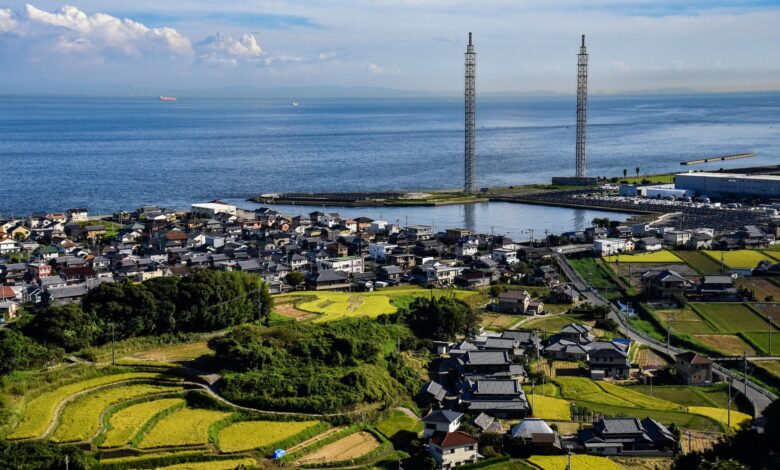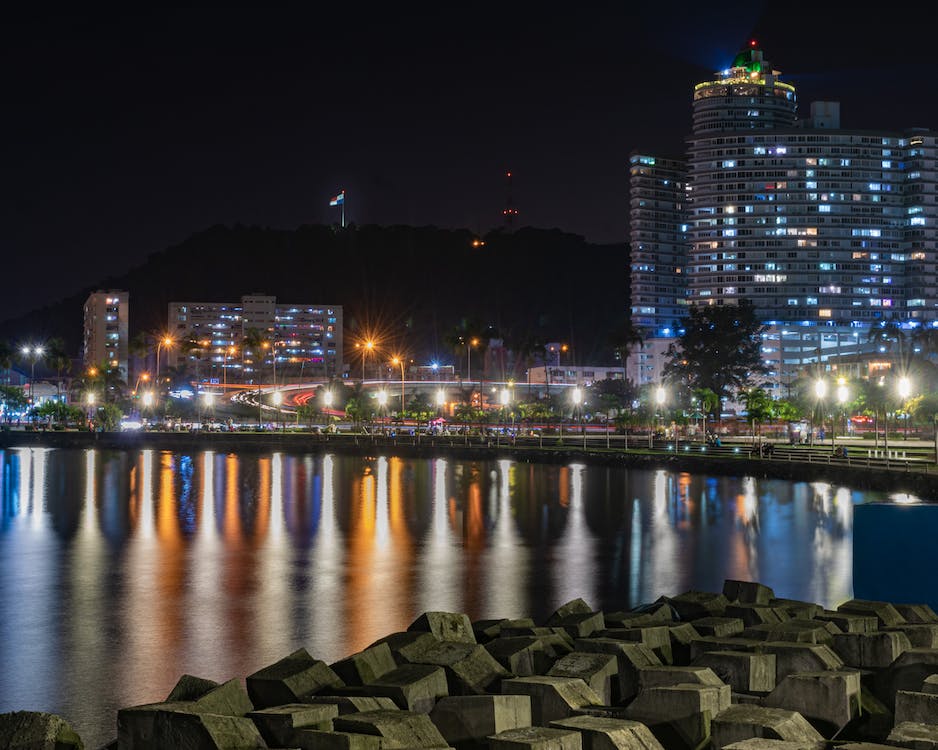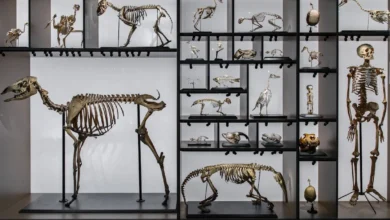Why Are Balkan Capital Complaints Important?

Introduction
Balkan capital criticisms are critical indicators of larger structural problems and progress goals. Acknowledging their shortcomings is only one aspect of appreciating their significance; another is seizing the chance for revolutionary change. This article explores the complex causes that make resolving capital disputes in the Balkans essential to promoting security, prosperity, and inclusivity in the region.
Why Are Concerns About Balkan Capital Important?
Complaints in the Balkans carry a lot more weight than just complaints; they symbolize the hopes and dreams of people who want economic empowerment and fair representation. It is not merely a question of policy to address these issues; doing so demonstrates a commitment to building resilience and togetherness in the face of difference.
Unveiling Historical Context:
A tapestry of intricate storylines formed by centuries-old dynamics is revealed while investigating the historical foundations of Balkan capital concerns. Every age has left its mark on the socioeconomic fiber of the region, from the legacy of the Ottomans to the transformations that followed World War II, giving birth to persistent challenges and ambitions for change.
An Exploration of Historical Grievances Through Time
Explore the past to understand the long-standing resentments and hopes that still resonate in Balkan cities today. History provides valuable insights into the current complaints and redressal situation, ranging from cultural identities to territorial issues.
Economic Implications:
Promoting equitable growth and long-term stability is crucial, and the economic aspect of Balkan capital issues goes beyond simple budgetary concerns. Unlocking its full potential requires addressing structural inefficiencies and economic inequities, which goes beyond simple policy decisions.
Promoting Inclusive Growth: Financial Needs
Examine the economic foundations of Balkan capital grievances in order to clarify the pressing need for a fair allocation of chances and resources. Economic complaints, ranging from investment inequalities to unemployment problems, highlight the necessity of promoting inclusive growth for sustained prosperity.
Socio-Political Dynamics:
Examining the Balkan capitals’ socio-political environments reveals a patchwork of conflicting interests, enduring cultural legacies, and goals for democratic government. Resolving socio-political issues involves more than just putting up with criticism; it also entails building a framework for participation that gives citizens a voice and guarantees responsibility.
Increasing Democratic Conversation: Socio-Political Needs
Examine the subtleties of socio-political complaints in the capital cities of the Balkans while emphasizing the revolutionary possibilities of inclusive leadership and public participation. A thriving democracy and social cohesiveness depend on addressing socio-political grievances, which range from minority rights to election changes.
Environmental Concerns:
In the context of political and socioeconomic discourse, environmental issues surface as critical issues influencing the future direction of Balkan capitals. In order to ensure the ecological resilience of the region, addressing environmental concerns is not only morally required but also practically necessary, ranging from the implications of climate change to sustainable resource management.
Maintaining Ecological Balance: Environmental Needs
Examine the environmental aspects of capital concerns from the Balkan region, explaining how ecological sustainability and socioeconomic growth are related. Resolving environmental grievances is critical to preserving the region’s natural legacy for future generations, from pollution issues to biodiversity protection.

Developing Regional Cooperation:
In the midst of frustrations and hopes, developing regional cooperation becomes a ray of optimism to Balkan capitals hoping to move past their shared past and create a future based on respect and cooperation.
Building Bridges Across Borders:
The Imperative of Regional Cooperation lays out a roadmap for regional cooperation by highlighting effective programs and paradigm-shifting structures that go beyond past grudges and promote prosperity for all. To fully realize the potential of Balkan capitals and change the perceptions surrounding them, it is imperative to foster regional collaboration in areas such as cross-border trade and cultural exchanges.
FAQs
What are the main obstacles to resolving complaints against Balkan capital?
Balkan capital issues necessitate managing political tensions, socioeconomic inequalities, and complicated historical legacies. Advancement toward significant redress is frequently hampered by entrenched interests and a lack of institutional confidence.
How can regional players work together to successfully handle accusations about Balkan capital?
To effectively handle Balkan capital complaints, regional stakeholders can promote communication, collaboration, and actions that establish confidence. They may build the groundwork for enduring peace and prosperity by giving inclusive government, prosperity for all, and environmental sustainability top priority.
What part does foreign involvement play in resolving capital disputes in the Balkans?
Through conversation facilitation, technical support, and the promotion of dispute resolution processes, international engagement can offer vital support in addressing capital grievances in the Balkan region. Nonetheless, it need to support regional stakeholders’ agency and enhance local initiatives.
What is the effect of Balkan capital disputes on security and stability in the region?
Balkan capital grievances can worsen already-existing tensions and jeopardize the security and stability of the region. Unresolved complaints breed suspicion and anger, which can spark social unrest, instability in politics, and even violence.
What approaches may decision-makers take to deal with the underlying issues that lead to Balkan capital complaints?
In order to address the underlying causes behind Balkan capital complaints—namely, historical injustices, political marginalization, and socioeconomic inequality—policymakers might use a multipronged strategy. They may clear the path for long-term peace and prosperity by giving inclusive government, equitable development, and peace initiatives top priority.
What role may civil society organizations play in handling capital issues in the Balkans?
In order to resolve Balkan capital issues, civil society organizations are essential in raising voices, promoting accountability, and supporting neighborhood-based projects.
In summary,
Balkan capital criticisms are more than just complaints; they represent the hopes and dreams of many people working toward a better future. Through the resolution of past injustices, promotion of inclusive growth, and development of regional collaboration, involved parties may steer the Balkan capitals.




